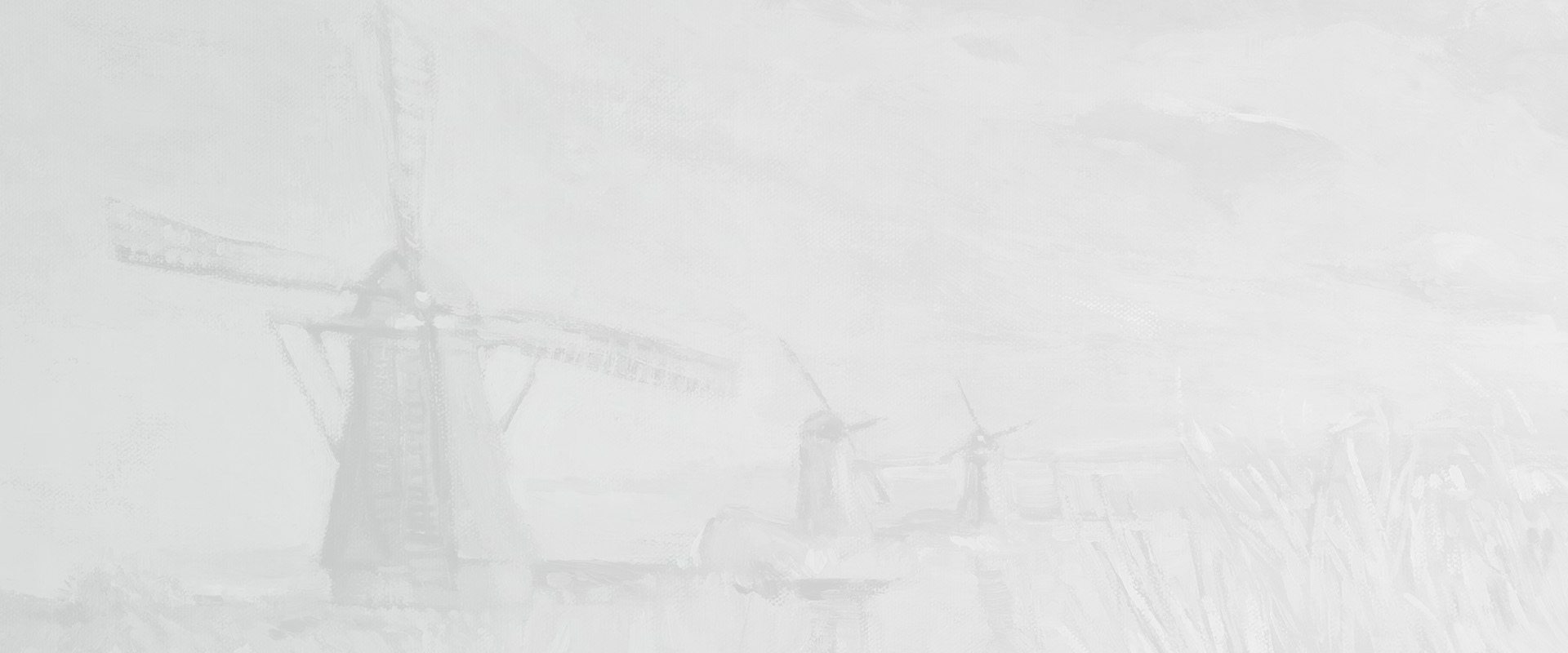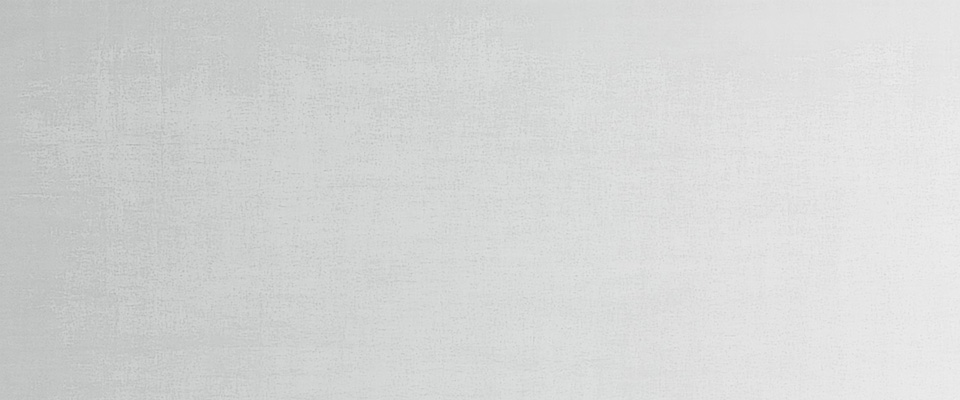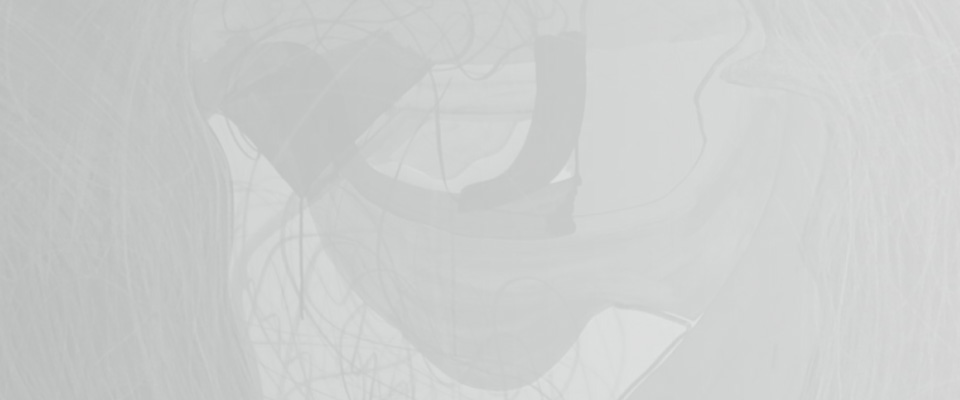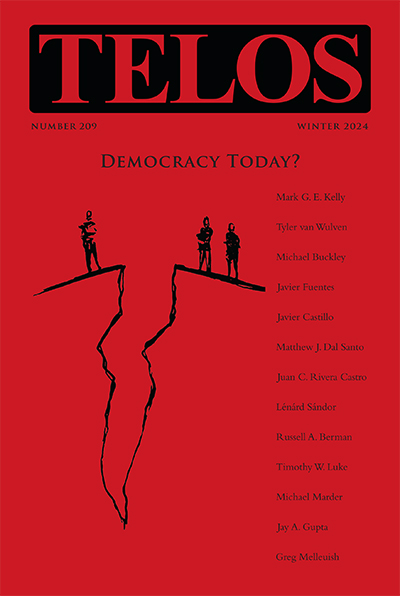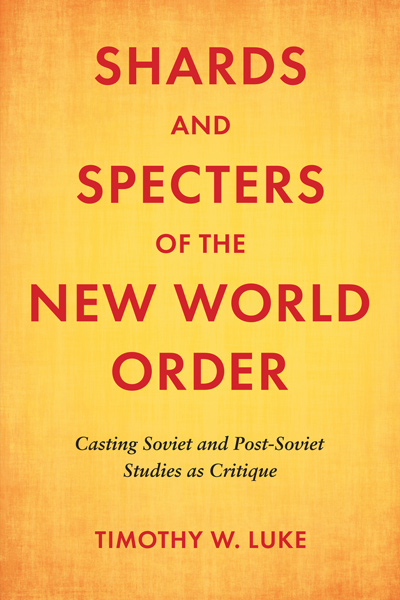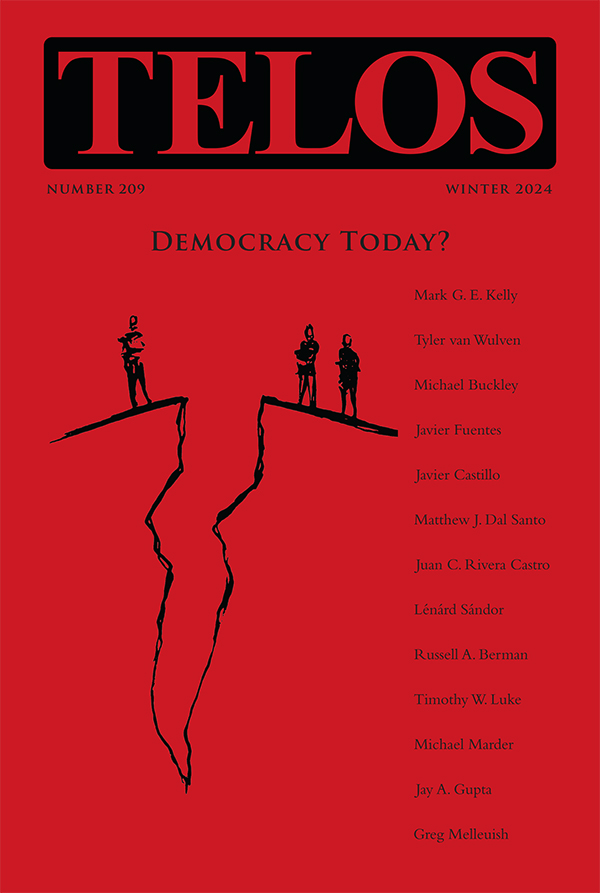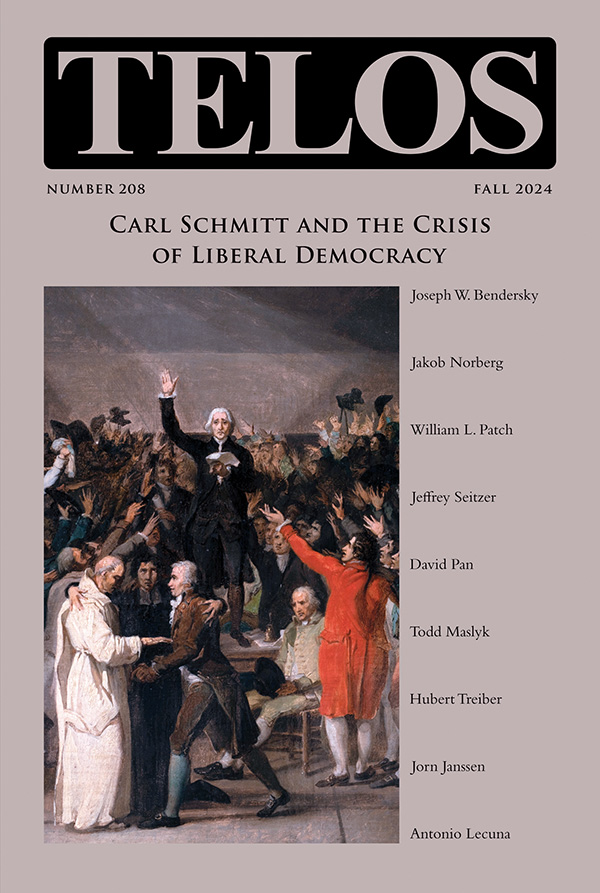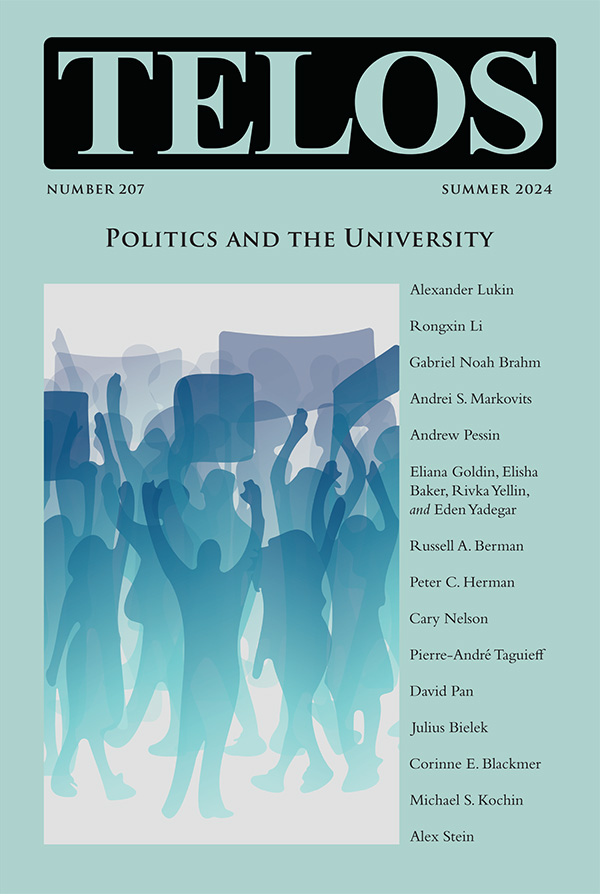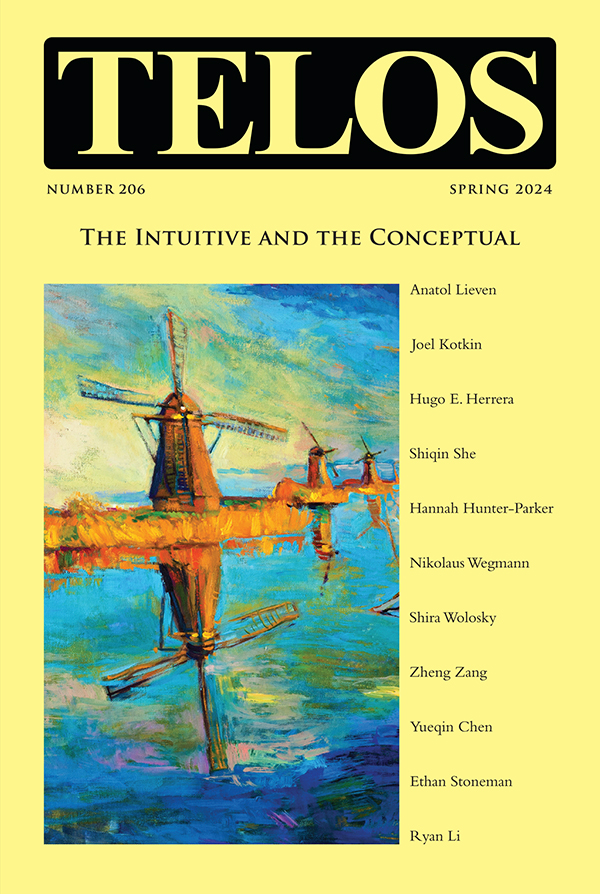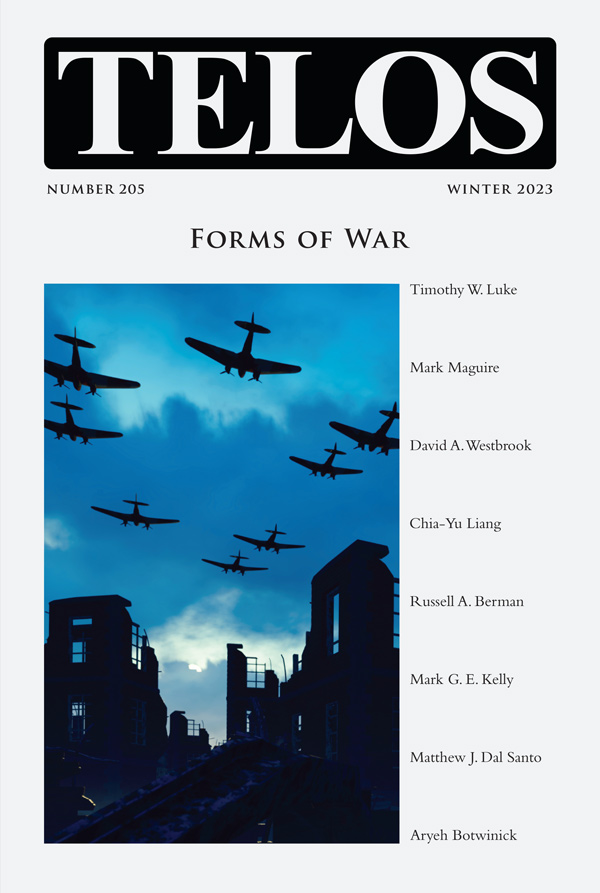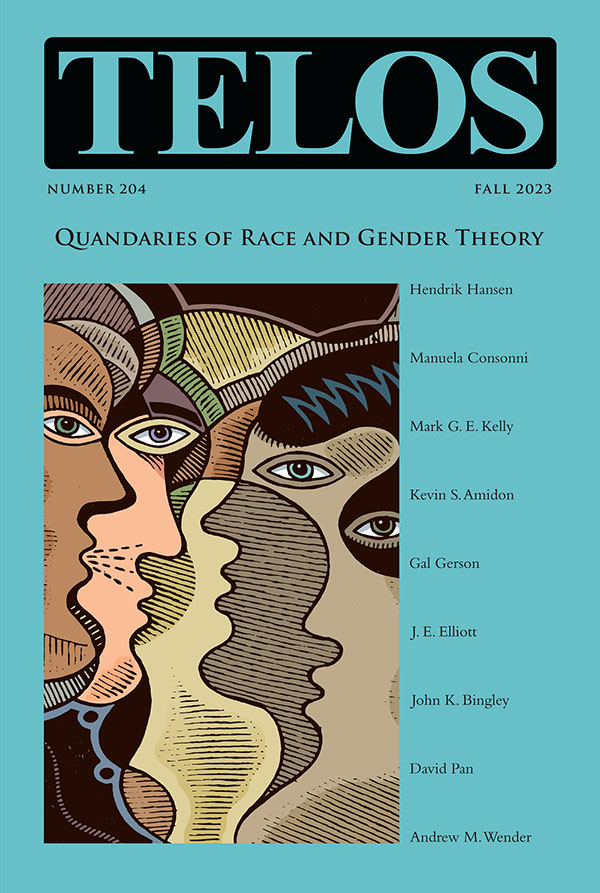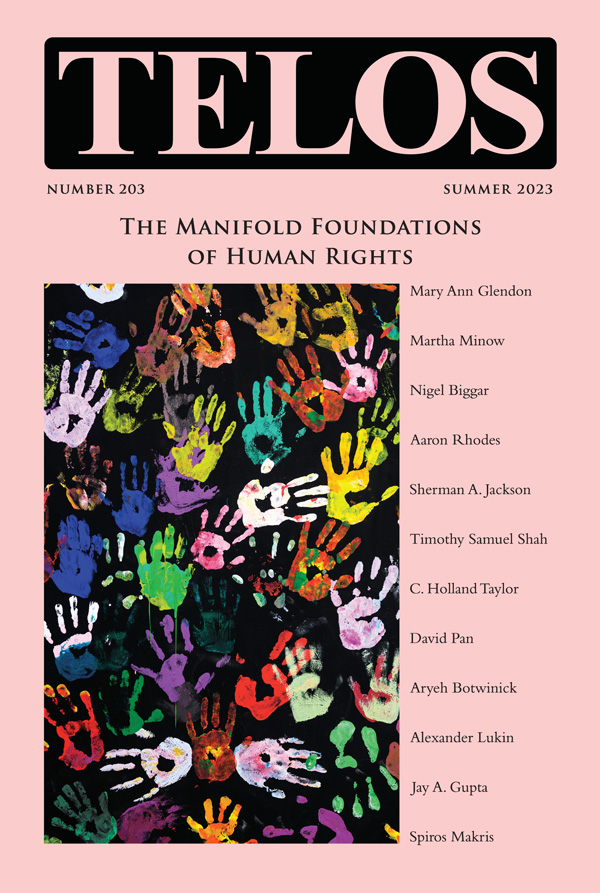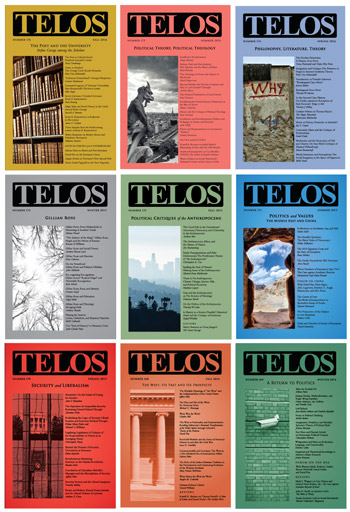- Telos 209 (Winter 2024): Democracy Today? Telos 209 (Winter 2024): Democracy Today? is now available for purchase in our store. Individual subscriptions to Telos are also available in both print and online formats. Since the supposed triumph of liberal democracy with the end of the Cold War, democracy seems now to be in retreat. The hung parliaments in France and Germany, reminiscent of the divides of Germany's… (continue reading)
- Dabashi’s Misrepresentation of Hegel: Hegel, Jews, and Kurds Hamid Dabashi's critique—or more accurately, his attack—on Hegel in the article "War on Gaza: How Hegel's Racist Philosophy Informs European Zionism" represents an emerging trend in certain intellectual circles: dismissing European philosophy as fundamentally racist while advancing exclusionary regional ideologies, often excluding nations like Kurds and Jews by denying their identities and national aspirations. While Dabashi ostensibly raises valid concerns about… (continue reading)
- Telos 208 (Fall 2024): Carl Schmitt and the Crisis of Liberal Democracy Telos 208 (Fall 2024): Carl Schmitt and the Crisis of Liberal Democracy is now available for purchase in our store. Individual subscriptions to Telos are also available in both print and online formats. It hardly needs mentioning that liberal democracy is facing a number of threats today, both internal and external. Even if the political parties in the United States cannot… (continue reading)
- The Left and Islamism: Antisemitism and Antikurdism The following essay originally appeared in German in Siebter Oktober Dreiundzwanzig: Antizionismus und Identitätspolitik, ed. Vojin Saša Vukadinović (Berlin: Querverlag, 2024), and appears here in English translation by permission of the author. Translated by Russell A. Berman. More than ever, leftists, political Islam, and postcolonial intellectuals have joined forces in an unholy alliance. Lacking an understanding of the history of Islamic… (continue reading)
|
Telos has always celebrated rejuvenation and renewal, and in recent years we’ve embraced that change in a variety of ways. We’ve taken Telos online and digitized our complete archive, allowing institutional subscribers from around the world to access the journal over the Internet. We’ve created a regular conference series in New York City and another more recently in Europe, which have brought together an increasing number of scholars to discuss today’s critical issues in politics and philosophy . . . (continue reading) |
For over fifty years, readers from around the globe have turned to Telos to engage with the sharpest minds in politics and philosophy, and to discover emerging theoretical analyses of the critical issues of the day. Subscribe now and don’t miss a single issue! As a small independent publisher, we rely on both our individual and institutional subscribers. If your university does not subscribe to Telos, please encourage your librarian to begin a subscription. A printable recommendation form is available here. |



